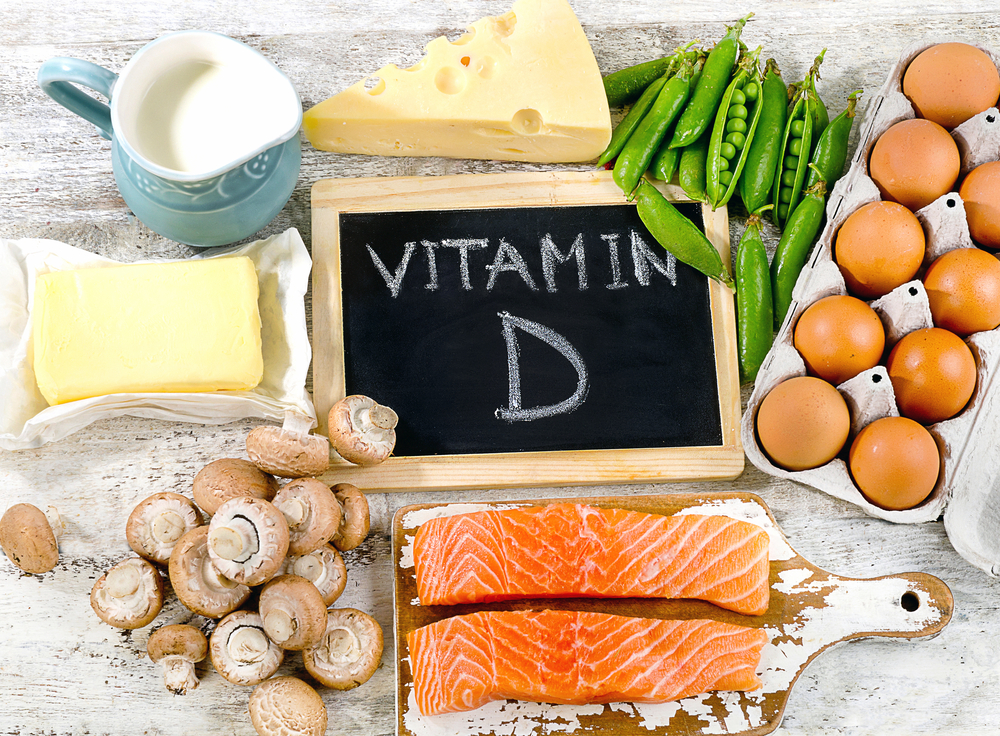Vitamin D
Vitamin D is one of the most important vitamins. It can affect energy levels, mood levels and calcium absorption. It is especially important as it helps regulate calcium metabolism and normal calcification of the bones. It also influences how the body uses the mineral phosphorus, which together with calcium make up our bones. Vitamin D is also linked to the parathyroid gland.
You can obtain vitamin D through sunlight, plants and animals, but there is a difference between the vitamin D you obtain from plants and the vitamin D you obtain from animals.
First, plants do not have cholestorol, the initial building block required for vitamin D3. Therefore, they produce vitamin D2 which does not have the same function of vitamin D3.
Secondly, animals produce vitamin D, which can be converted by the body into vitamin D3, the most desirable form of vitamin D.
Therefore, obtaining vitamin D3 through animals is the most desirable source. You can obtain vitamin D3 by consuming oily fish, liver oil, cod liver oil, butter and egg yolks, liver, homogenized milk and most breakfast cereals. However, if you are a strict vegetarian and do not have ample exposure to sunlight (especially in the winter time), you will need to ensure you supplement with 400 IU of vitamin D3 daily.
For bone health, it is best to take magnesium, calcium and vitamin D together.

Vitamin D is especially important for maintaining the nervous system, ensuring growth and healthy bones and teeth in children, and for normal blood clotting (all of these affected by the calcium levels in our bodies). It is also useful in treating women with menopausal symptoms.
We can obtain most of the vitamin D we need from getting regular sunlight exposure and eating animal-derived foods as mentioned above. If you live in a smoggy city or are darker skinned, work nights, or cover your body in clothing when you are outside; you will need more vitamin D than the average person.

